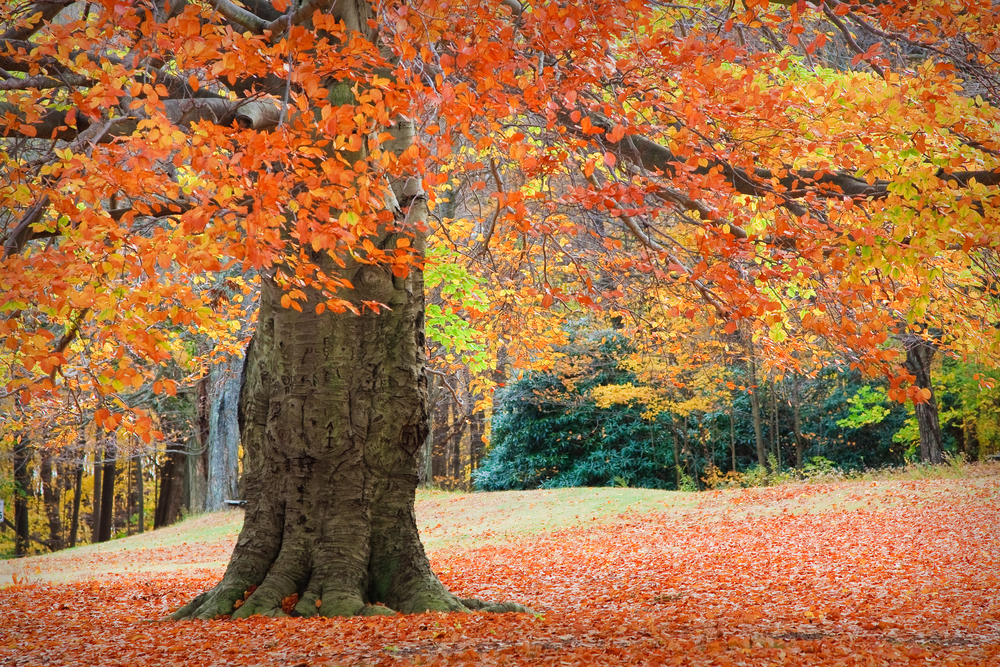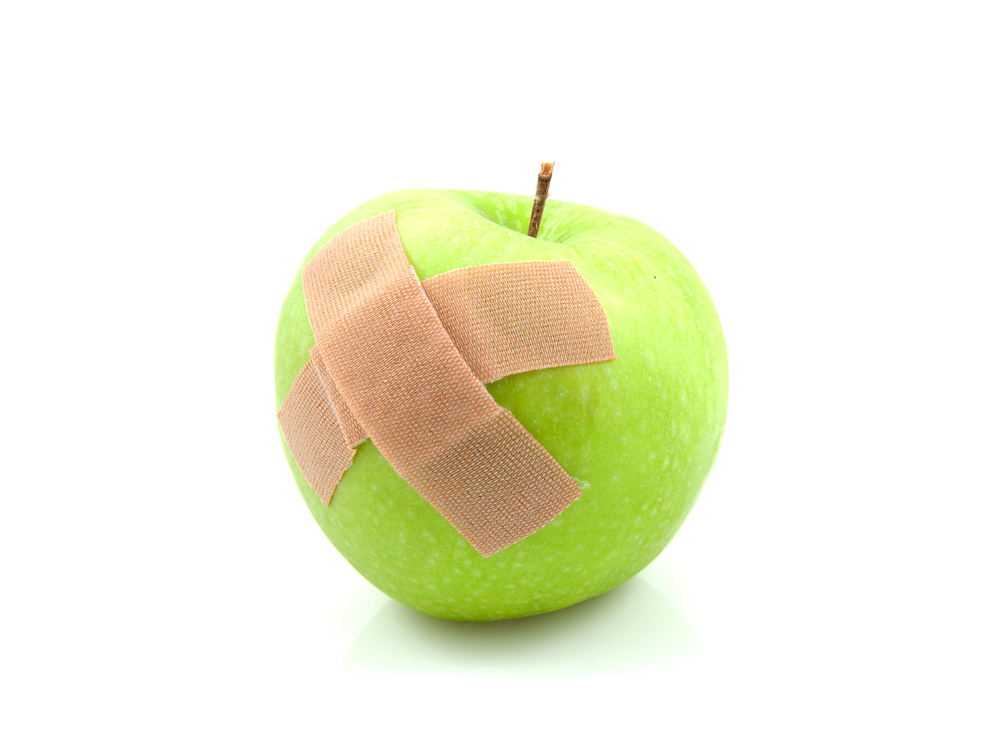Seasonal Allergies
An allergy is when your body reacts badly to something that doesn’t bother most people.

Someone can be allergic to:
- A food
- A medicine
- A cat or dog
- A plant or flower
Some allergies happen mostly during the spring, summer or fall.
- These are called “seasonal allergies”.
- Seasonal allergies can also be called “hay fever.”
You may have seasonal allergies if, each year at the same time, you:
- Have itchy, watery eyes
- Have a stuffy or runny nose
- Have an itchy nose and throat
- Have a swollen face or a headache
- Sneeze or cough a lot
- Have trouble breathing
 Why do seasonal allergies only happen during certain seasons?
Why do seasonal allergies only happen during certain seasons?- Because seasonal allergies are caused by pollen.
- Pollen is powder that comes from trees, weeds and grasses as they grow during the year.
Pollen is tiny and blows in the air – like dust.
- When you breathe it in you may have an allergic reaction.
- The level of pollen in the air can be different on different days.
- To find out how much pollen is in the air where you live, check out this website.
Seasonal allergies are very common.One out of five people has one.
- You’re even more likely to have a seasonal allergy if:
- You’re allergic to other things like dust or animals
- You have asthma or eczema
- Other people in your family have seasonal allergies
- People with seasonal allergies are more likely to develop asthma.
Seasonal allergies can make it hard for you to breathe.
- It’s important to get treatment.
- Call your doctor’s office and describe your symptoms.
- Follow your doctor’s orders.

How is a seasonal allergy different from a cold or the flu?
- Seasonal allergies can make you sneeze and cough, have a stuffy or runny nose, or swollen sinuses.
- But a cold or the flu can make you feel the same way!
If you are allergic to pollen, try to avoid it.
- Stay inside on warm, windy days when lots of pollen is in the air.
- Use air conditioning and air filters at home.
- Change your furnace filters regularly.
- Close car windows.
- Wear a dust mask and wrap-around sunglasses outside.
- Take a shower to rinse pollen off yourself.
It’s easy to treat some allergies.
- If you have a stuffy nose, a hot shower may help you breathe more easily.
- If your eyes are swollen and itchy, cover them with a cool, damp cloth.
- Ask your doctor about other ways to relieve allergy symptoms without medicines.
Medication can treat serious allergy symptoms.
Your doctor may give you medication that can:
- Clear your nose
- Stop itchy eyes
- Control your allergic reaction
Talk with your doctor before you take any medication – even over-the-counter medication advertised on TV!
You can check out these links to learn more about seasonal allergies:

